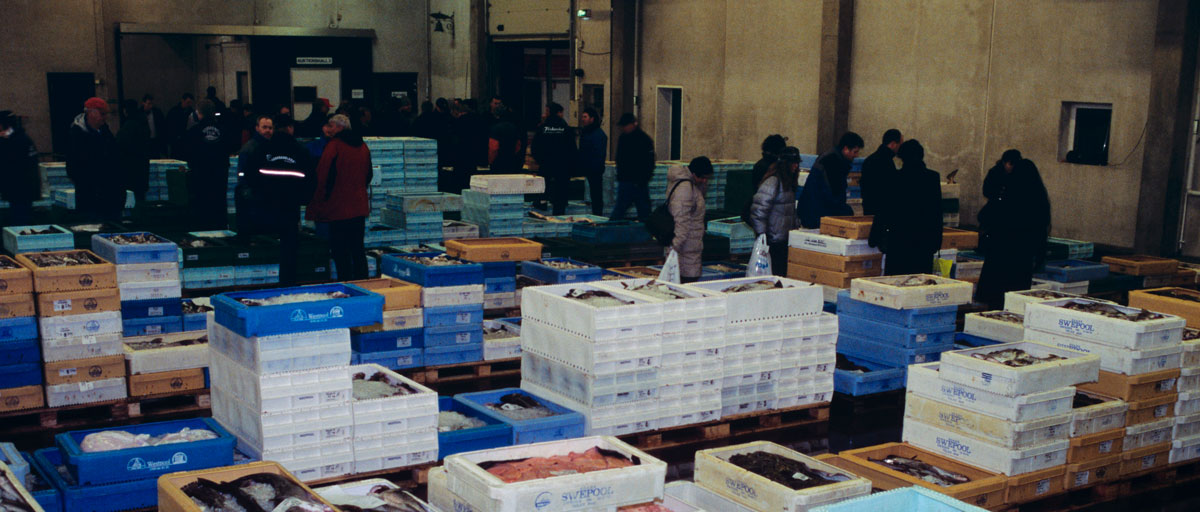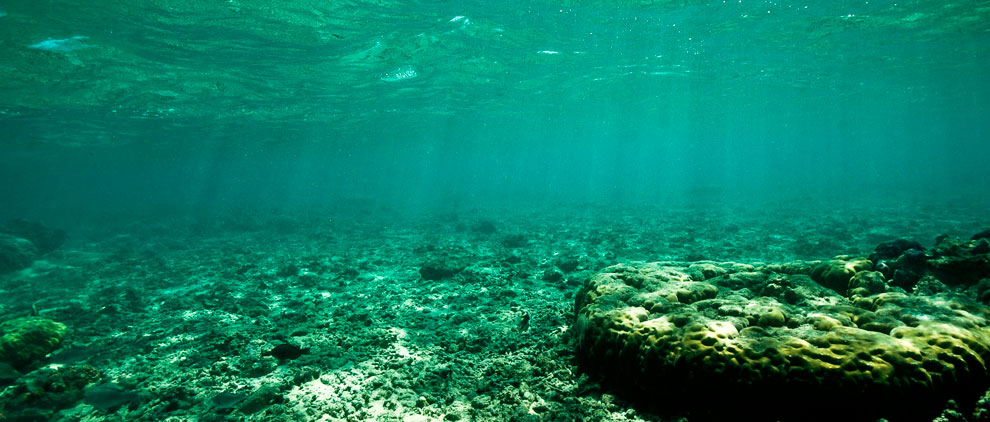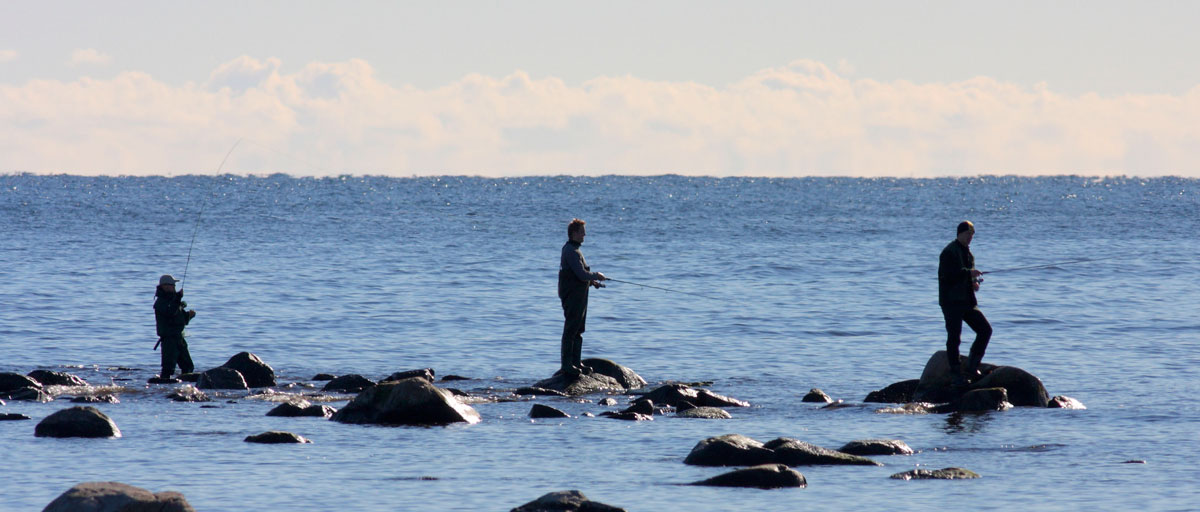
A new study in PNAS looks at the reasons behind the 1980s Baltic Sea cod boom and collapse. It shows how both human action and inaction are intimately tied to ecological dynamics. Photo: M. Almqvist/Azote
Regime shifts
Quite a lot of that human touch
How humans matter for ecological regime shifts
- Both human action and inaction are intimately tied to ecological dynamics
- Social identity, risk aversion and other factors also contributed to delaying fishers’ responses to changing stock levels
- The model is a significant advance for natural resource management and social-ecological research
That humans increasingly trigger dramatic changes in the world’s biological and physical systems is of little news. But despite this precious little attention is paid to how human individual and collective behaviour is involved in how ecological regime shifts play out.
In a study recently published in PNAS, Centre researcher Steve Lade and colleagues have looked at the reasons behind the 1980s Baltic Sea cod boom and collapse.
The results from the study demonstrate that both human action and inaction are intimately tied to ecological dynamics.
"The saying 'Natural resource management is people management’ is a cliché, but the effects of human behaviour on the condition of natural resources, and vice versa, are often still not sufficiently acknowledged when modelling and managing natural resources," Lade says.
From cod to sprat
Using a model designed to assess the stability of the ecological and human aspects of the cod fishery, Lade and his colleagues showed that psychological, economic and regulatory aspects of decision making must be considered when analysing the dramatic change in the Baltic Sea.
"Our results provide quantitative, empirical evidence that incorporating social dynamics into models of natural resources is critical. Without them the resources cannot be managed sustainably"
Steve Lade, lead author
Put differently, social processes, noneconomic as well as economic, are important for understanding and governing the dynamics of natural resources.
The Baltic cod fishery collapse in the 1980s is still considered to be one of the most prominent examples of an ecological regime shift where the fishery suddenly changed from high cod biomass and catches (hence the "cod boom") to a sprat-dominant ecosystem with low cod abundance. This collapse, generally attributed to deteriorating environmental conditions and overfishing, had substantial negative impact on Baltic Sea fisheries.
Delaying the collapse
However it turns out that social identity, risk aversion and other factors also contributed to delaying fishers’ responses to changing stock levels.
During the cod boom, the fishery was effectively open access with largely ineffective regulations and no catch quotas. Furthermore, sunk cost effects, or the tendency to continue an endeavour once an investment in money, effort or time has been made, are also believed to have contributed to the persistent intense fishing.
Combined with unemployment benefits, generous fleet purchase subsidies and price supplements for catches, the cod collapse may have been inevitable. On the other hand, fishers’ responses to changing stock availability, such as reducing their fishing intensity, may helped delay inevitable and prolong the duration of the cod boom.
Lade and his colleagues argue that strong regulations might have helped further delay the cod collapse, but only if the regulations were constantly updated to reflect the state of the fishery and compliance was sufficiently strong.
"Our results highlight the importance of human adaptive responses but also point to limitations in how we humans really adapt when we take into account psychological and institutional constraints," he says.
A significant advance
He believes that the scientific data from the study can be used as a case to prove the importance of incorporating social dynamics into models of natural resources.
"The model presented here is a significant advance for natural resource management and social-ecological research. It also provides managers and policy makers with an in-depth, empirically grounded analysis of how human decisions, be they individual or institutional, affect and are affected by the dynamics of natural resources," Lade explains.
Citation
Lade, S.J., Niiranen, S., Hentati-Sundberg, J., Blenckner, T., Boonstra, W.J., Orach, K., Quaas, M.F., Österblom, H. and Schlüter, M. 2015. An empirical model of the Baltic Sea reveals the importance of social dynamics for ecological regime shifts. Proceedings of the National Academy of Sciences (USA) 2015 ; published ahead of print 10.1073/pnas.1504954112
Steve Lade is a postdoctoral researcher at the Stockholm Resilience Centre, working in the ERC-funded research team SES-LINK headed by Dr Maja Schlüter. Utilising his background in theoretical physics, Dr Lade's research at the Resilience Centre applies theoretical modelling tools such as dynamical systems theory and network theory to the study of social-ecological systems.

%20(2)%20Sk%C3%A4rmavbild%202016-11-05%20kl.%2013.02.52.png)







